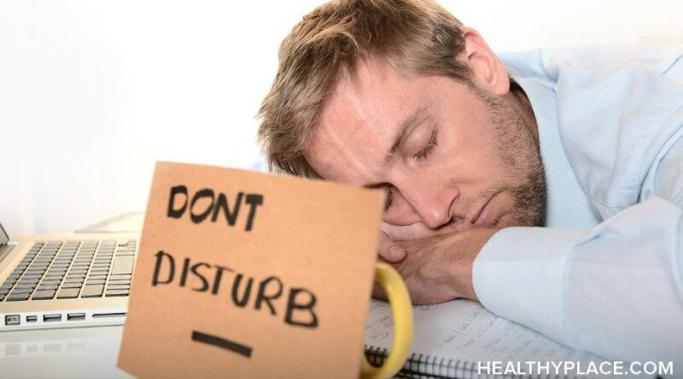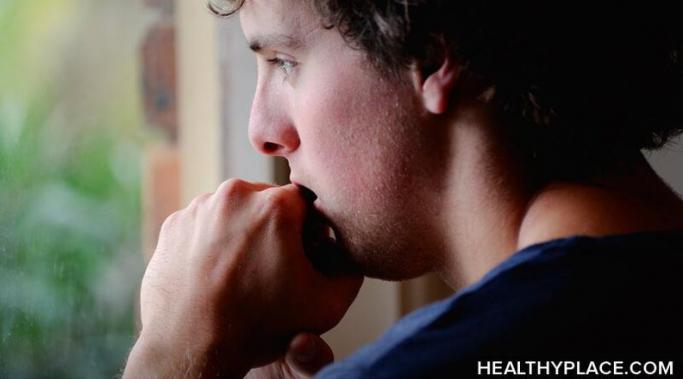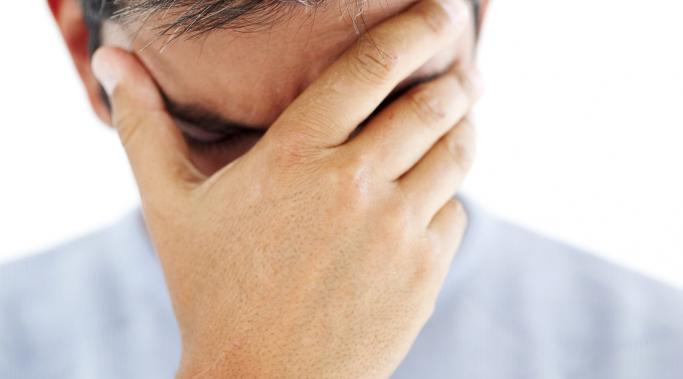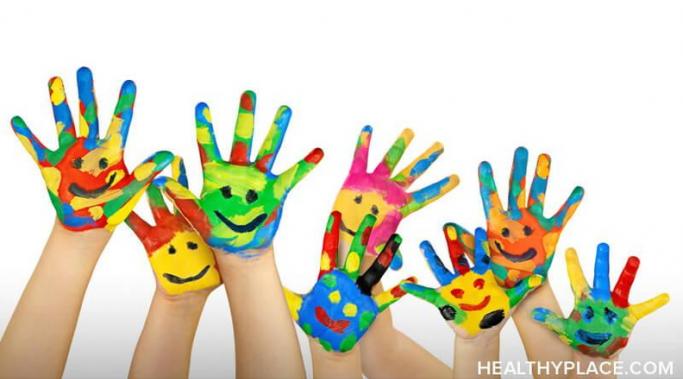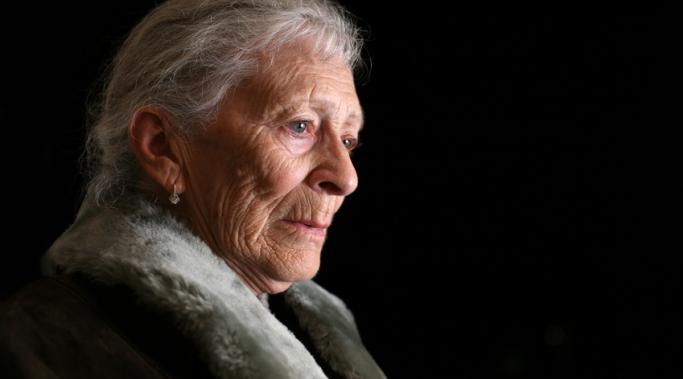Bipolar disorder has the simultaneous problem of being both underdiagnosed and overdiagnosed. While there’s little literature on overdiagnosis, what is clear is that the right people aren’t getting the right diagnosis all of the time. And while no one wants a false positive when diagnosing a mental illness, it’s also absolutely imperative that a diagnosis of bipolar disorder not be missed.
And unfortunately, all too often, bipolar disorder is misdiagnosed as Dr. Prakash Masand, CEO and Founder of Global Medical Education, says, "Missing the diagnosis of bipolar illness is all too common in clinical practice with devastating consequences for patients and families."
Understanding Mental Illness
I have spent a great many years with this bipolar disorder thing. I have spent a great many years dealing with it. I have spent a great many years suffering with it. I have spent a great many years with medication unsuccessfully controlling it. I have spent a great many years in pain.
And when in an episode, for me it’s a depressive episode, I just want to know, “how many days until I get better? How many more days do I have to live in this agony?”
It’s time to dispel another myth that ticks me right off. This particular myth is that mental illness is but a symptom of childhood abuse. People who think this claim that simply by getting therapy and dealing with this abuse, the mental illness symptoms will go away. Bipolar – cured! Yay!
This, of course, is absolute nonsense.
As I mentioned, I recently took a trip east to see some family. In addition to 5-hour plane rides and meeting a long series of people I didn’t know, there was also the three hour time change to contend with. In other words, there was a lot of things that could, and did, mess with my bipolar.
Now, like many people, I’m quite good at handling stressors in the moment. I can travel and meet and charm with the best of them and I can say it mostly went very well. The trouble, though, is upon return. Upon return I feel like I’ve been hit by a bloody truck and act pretty much the same way.
I’m useless in the afternoon. My functional, working hours are extremely limited. And this is thanks to my bipolar disorder. It’s like every character I type and every minute that goes by zaps just a little bit more of me until, by mid-day, there’s nothing left.
This is hugely disheartening. I want to be like everyone else. In fact, I want to be like me a few years ago – me when I worked a full day – like everyone else.
But the fact of the matter is, I’m not like everyone else in this regard. In this regard I’m limited. In this regard I’m disabled.
This morning, a girl from the United States (I’m in Canada) contacted me and said she had taken 40 pills in a suicide attempt and now needed help immediately.
Please don’t do this.
Please don’t treat the internet like it’s 9-1-1. It isn’t.
It just so happened that I was checking the comments on my blog three minutes after this girl posted this comment so I caught it in time. (Help was called.) But I very much could have missed it. It could have taken me hours to get to this comment. I get many comments and emails and sometimes it takes me a long time to get around to reading them, let alone responding. I am, in no way, an emergency service.
Reaching out to someone is always better than reaching out to no one, but please, if you need mental health help, know who to reach out to.
Many of us know a person who has suffered a bad bipolar outcome. Perhaps the person has lost their friends and family because of bipolar. Perhaps the person lost their job because of their bipolar moods. Perhaps the person became so unwell they ended up on the street. Perhaps the person was driven to suicide.
Those are all very scary and worrying outcomes from a mental illness and, the trouble is, they’re real. I can’t take away your fear and worry by telling you that these things don’t happen because that would be a lie. These things do happen, every day.
But that doesn’t mean that there aren’t things you can do to fight the fear and worry that surrounds bipolar disorder.
Mental illness isn't something that only exists in adults, the mental health of kids and teens is crucially important too. Talking to kids about mental illness early is critical.
Being sick, I think with anything, can be extremely isolating. Being sick, you’re not “like everyone else.” Be it cancer, HIV, diabetes or bipolar disorder, there is a moment when you realize that you’re different and that difference is isolating.
This is a form of internal isolation. But, of course, isolation can be external every bit as much as it can be internal. And sadly, most people with bipolar disorder experience heaps of both.
Many people with bipolar disorder hold down jobs, just like everyone else. We get up, swear in traffic, survive on coffee and rant about our bosses behind their backs.
But people with bipolar disorder or another mental illness have special challenges when it comes to work. We’re sick more often, we need time off for medical appointments and stress affects us more than your average person. Here are a few tips on handling work and bipolar disorder.

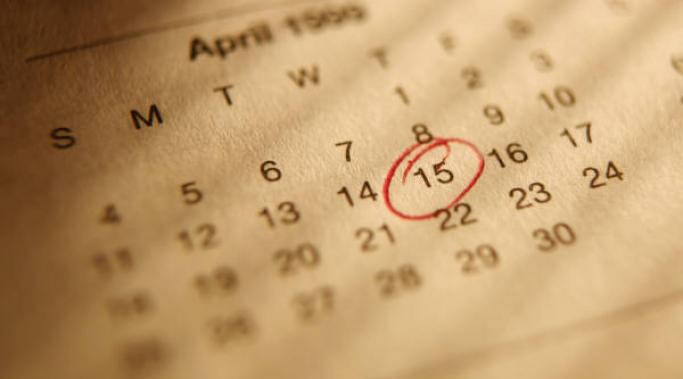

![MP900387789[1] When you have bipolar disorder, it's important to spend time recuperating from stress](/sites/default/files/styles/blog_listing/public/uploads/2013/10/MP9003877891.jpg?itok=e9ettBGC)
